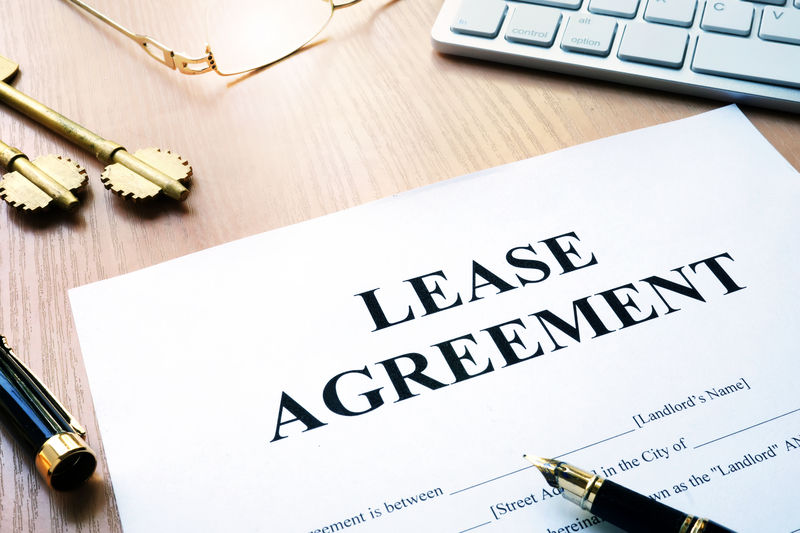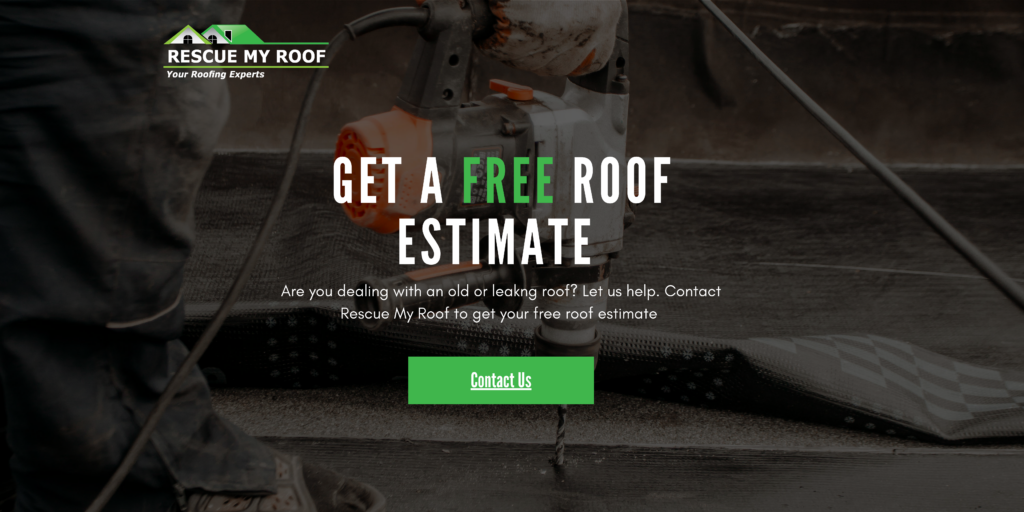Commercial Tenants: Who’s Responsible for Roof Repairs or Replacements
If you rent a home but are experiencing roof leaks, you may wonder who is responsible for the repairs – you or the landlord?
Having an old or damaged roof is stressful for anyone. But as a tenant, you are faced with either spending money you may not have to spend or waiting on the landlord to make the repairs. Either way, it’s not an ideal situation.
Rescue My Roof has been working with tenants and landlords for over a decade, helping them come together to repair or replace roofs before tensions rise.
This article will review who is responsible for roof replacements or repairs and how tenants can ensure their homes remain safe. Ultimately, you’ll be able to plan your next steps.
Are Landlords Responsible for Roof Repairs or Replacements?
A commercial tenant must know who is responsible for roof repairs or replacements.
Depending on the lease agreement and the damage, the landlord or the tenant may be responsible for these costs. Let’s look at the factors that determine who is responsible.
Lease Agreement

If you rent a space, you’ve probably signed a lease.
A lease is a contract in which a person agrees to rent an asset – such as a living space – owned by another party. It is the starting point for determining who is responsible for roof repairs or replacements.
The lease terms will outline the landlord and tenant’s responsibilities, including maintenance and repair costs. In some cases, the landlord may be responsible for all repairs and maintenance; in others, the tenant may be responsible for certain repairs.
In most cases, as the roof is essential for the home’s overall condition and living quality, the homeowner (landlord) is responsible for roof repairs or replacements unless the homeowners directly cause that damage.
If the roof leaks due to old age, storm damage, missing shingles, etc., the landlord is responsible for not only paying for the repairs, but finding a roofing contractor.
The landlord may allow the tenants to contact roofing contractors separately for estimates, but a tenant should acquire permission before doing so. Otherwise, the responsibility falls on the landlord.
If the roof damage was caused by the tenant’s actions (which is unlikely but may happen), there might be a clause in the lease allowing the landlord to take the cost of repairs out of the tenant’s security deposit or make them pay the costs out-of-pocket.
Look over your lease and find the clause that details what happens in the event of home damage. Ultimately, this will determine whether or not the tenants are responsible for repair or replacement costs.
Cause of the Damage

As stated above, the cause of the damage is another factor to consider. The landlord is typically responsible for repairs or replacements if a natural disaster, such as a storm or earthquake, caused the damage. However, if the tenant or their customers caused the damage, the tenant may be responsible for the costs.
Deciding on the lease agreement’s details is at the landlord’s discretion.
Before signing a lease, thoroughly read the lease and clarify any confusing or vague language. Knowing what you’re signing onto will help you navigate potential issues – like needing roof repairs.
Paying For A Roof Replacement
There is no one-size-fits-all answer to who is responsible for roof repairs or replacements in commercial buildings. It all depends on the lease agreement’s terms and the damage’s cause.
As a tenant, it’s essential to carefully review your lease agreement and clarify any questions or concerns with your landlord. By doing so, you can avoid any confusion or disputes.
If you are a homeowner and are responsible for the cost of roof repairs/replacements, you can learn more about roof pricing with “How to Break Down A Roof Estimate (With Sample)” and “How Much Does An Asphalt Shingle Roof Cost?”
If you’re ready to take the next step and get a roof estimate, contact Rescue My Roof to get a free estimate.


